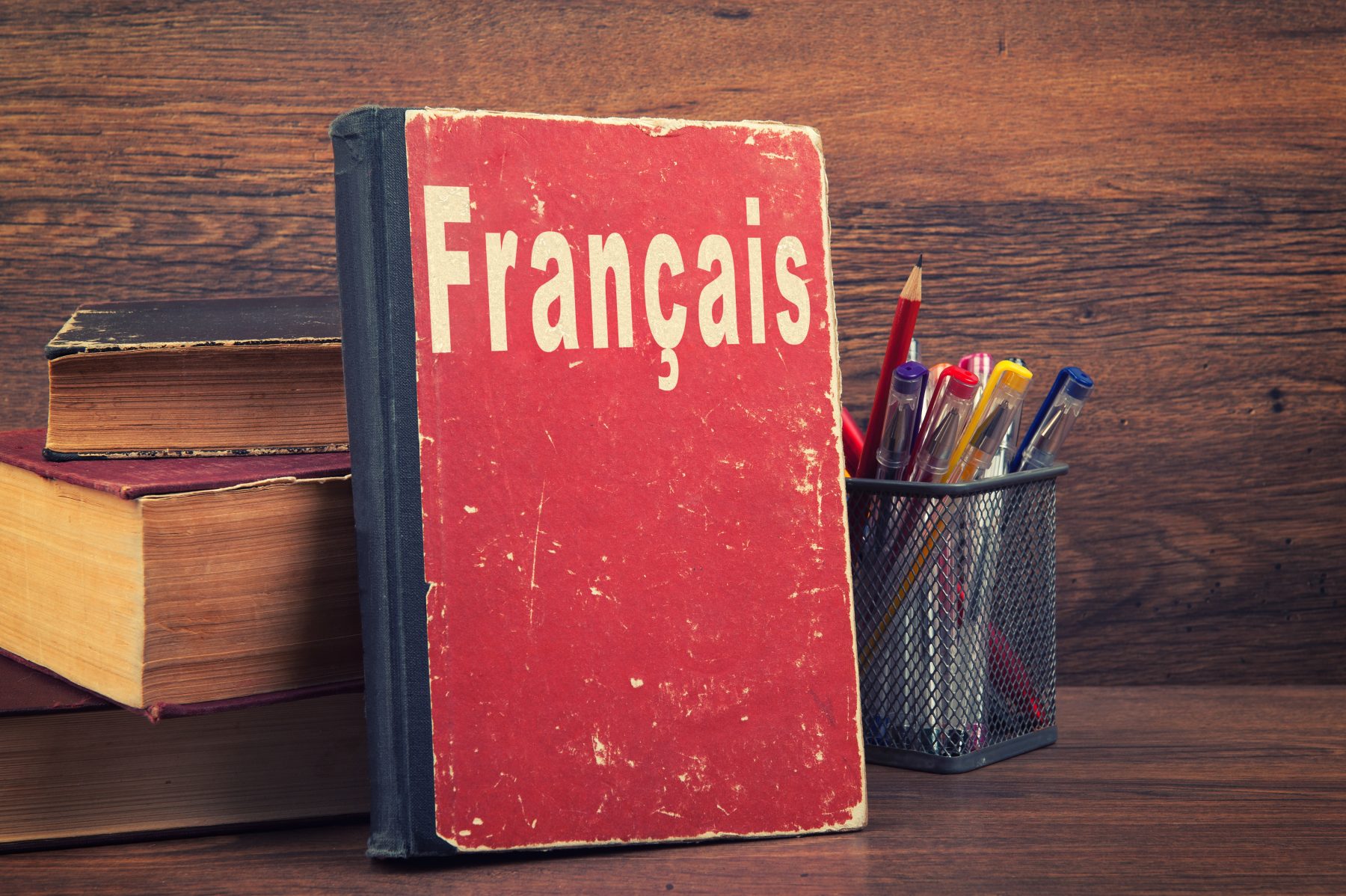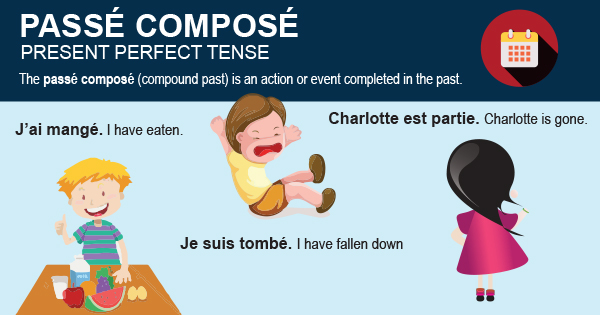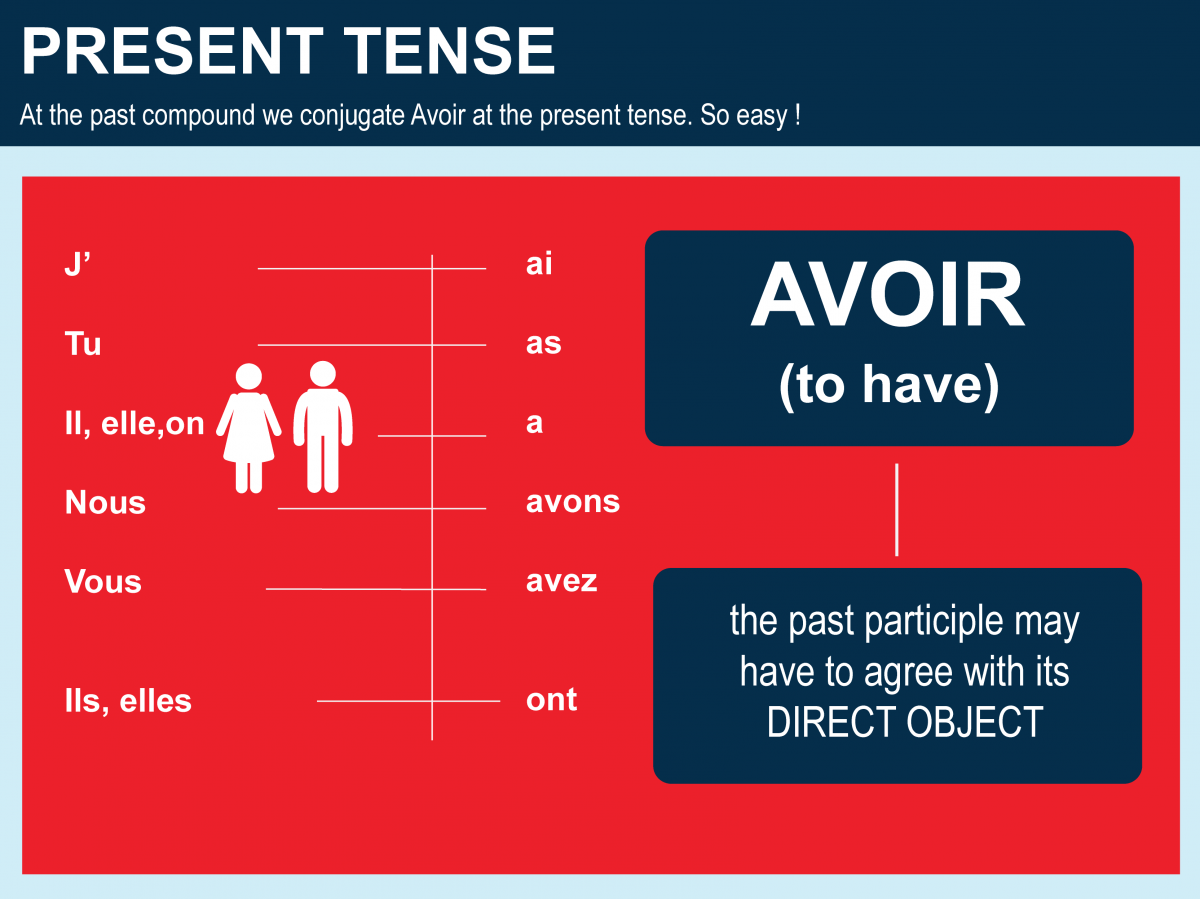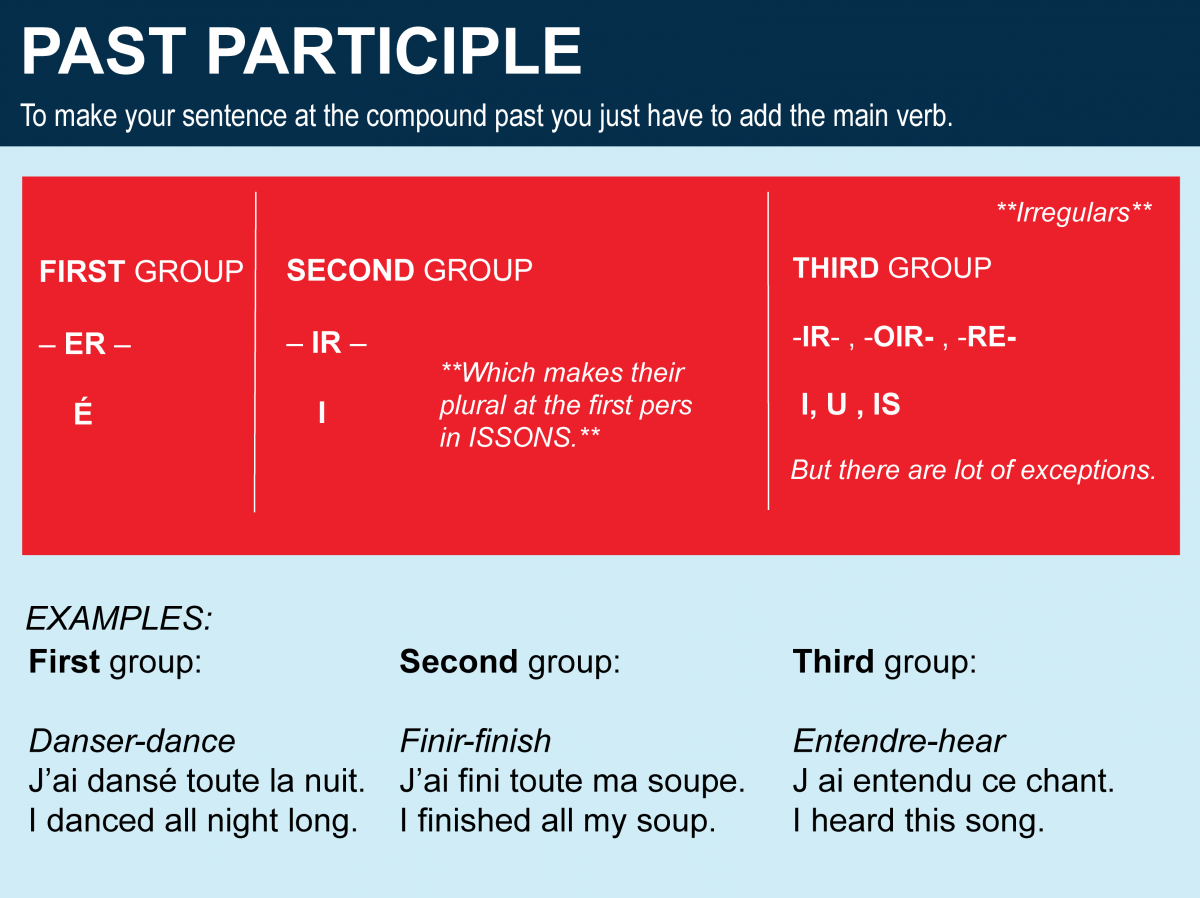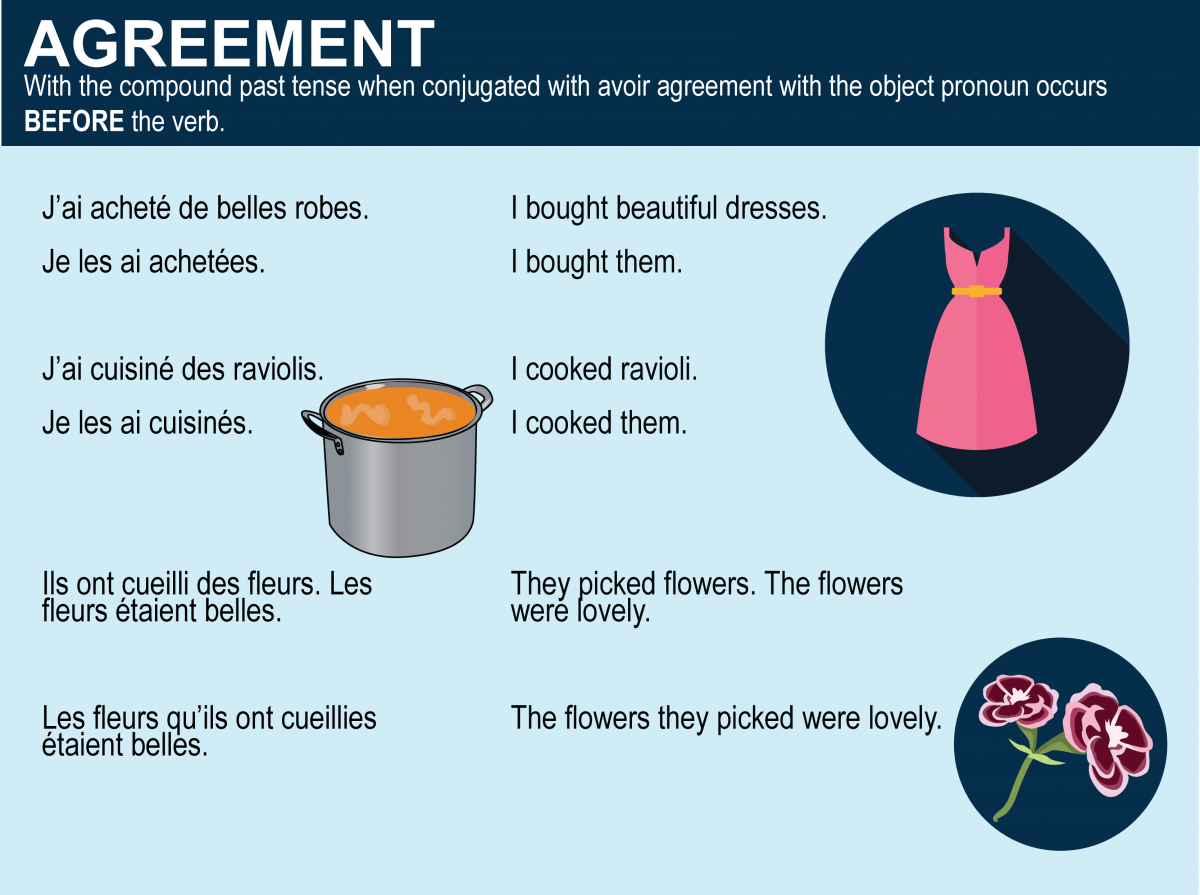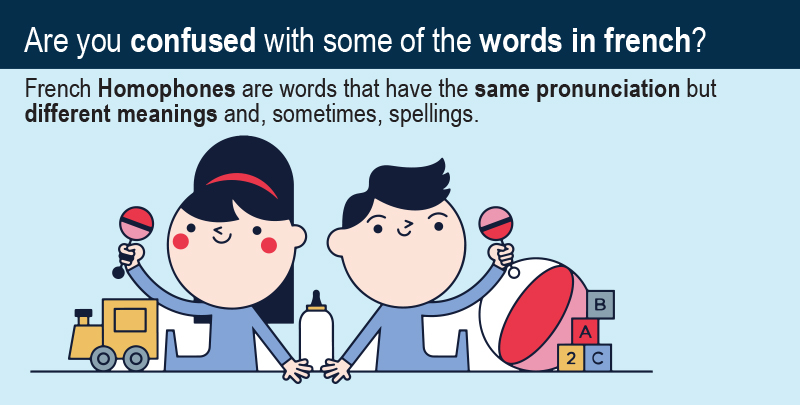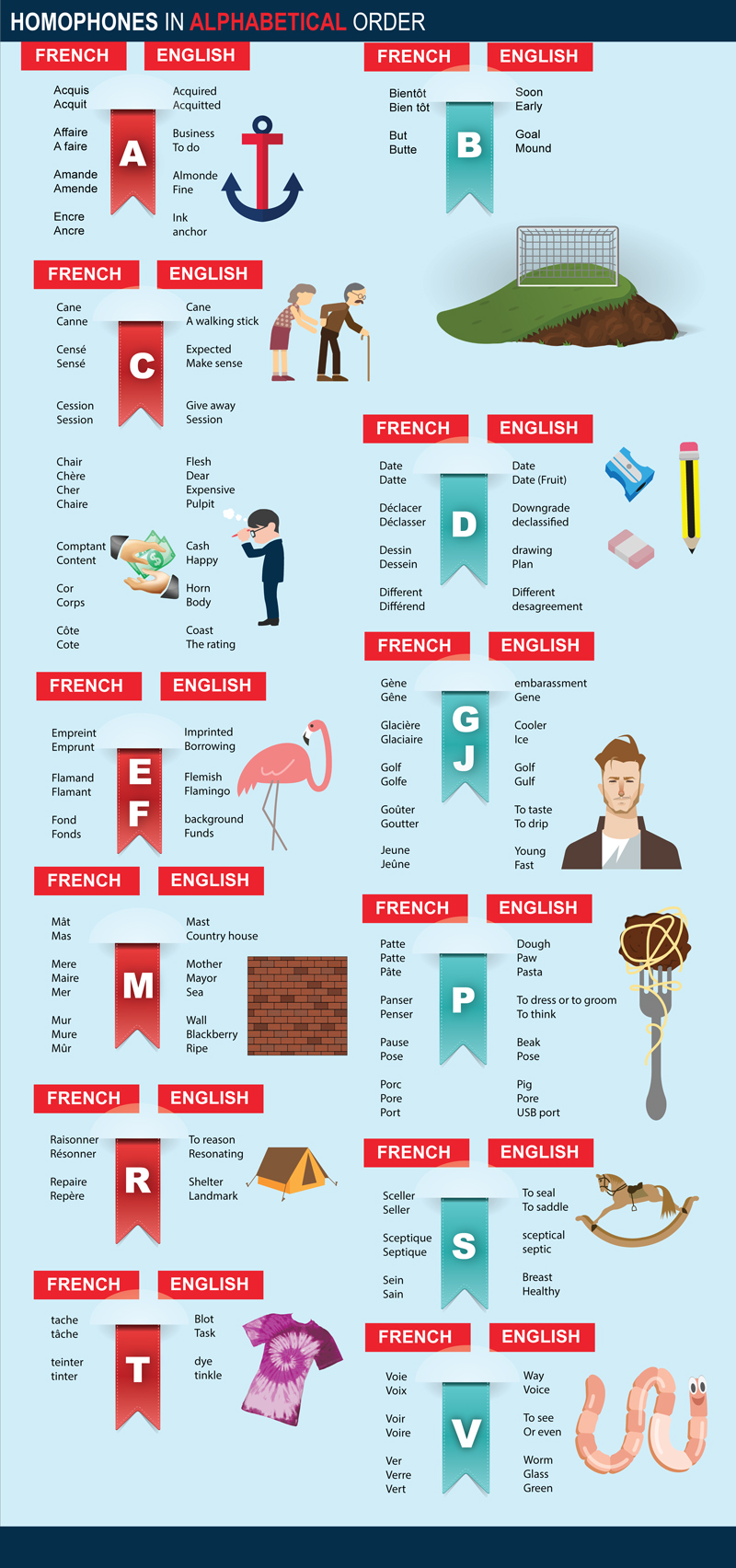How do you conjugate the verb lever in French? Is it with the auxiliary avoir or être?
The answer is both auxiliaries (avoir and être).
It just depends on how you use the verb lever.
To answer this question and to be as clear as possible, first I will dig a bit deeper into the French grammar and explain to you (or maybe just refresh your memory on) some words coming from the grammatical jargon.
This will be useful as it will help you understand the French grammar better and you’ll be able to choose between être and avoir for many (if not all) other verbs. Then I’ll answer your question.
1. What is an auxiliary?
First of all, an auxiliary is a type of verb but not a verb used to transcribe an action. It is a “helping verb”. It is used in forming the tenses, moods, and voices of other verbs. It doesn’t actually add any semantic content.
In other words, it doesn’t add any meaning to your sentence.
In English, auxiliary verbs are be, do, and have ; the modal auxiliaries are can, could, may, might, must, shall, should, will, and would. An example is the auxiliary verb have in the sentence I have finished my dinner.
Here, the main verb is finish, and the auxiliary have helps to express the perfect aspect (the past tense). But let’s not digress and let’s come back to French grammar.
I think auxiliary verbs are a lot simpler in French (hurray!) and I’m sure that by the end of this article, you’ll agree with me. Indeed, there are only two: être (to be) and avoir (to have). Let’s learn a bit more about them both.
2. Avoir
Knowing about that French verb is a must as it is in the top 10 of the most commonly used verbs in French!
Indeed, among the thousands of French verbs, avoir made its way up to the very popular verb league table which also includes être, faire, dire, aller, pouvoir, voir, savoir, falloir and devoir.
Are you impressed by that little avoir verb? I am too!
Avoir means to have and has three main functions in French. I will briefly mention two of them and spend more time on the third one as it is the auxiliary function (the one you need to learn more about to answer your question about how to conjugate lever in French).
a) Avoir as a transitive verb
Does “transitive verb” sound Chinese to you? No worries, my geeky little self will explain (is it sad to admit that I actually love grammar so much?).
Basically, a transitive verb is a verb that transfers its action to something or someone. That “something” or “someone” is called, in the grammatical jargon, an “object”. Avoir usually takes a direct object.
To find the direct object, you should ask the question “I have what?” or “What do I have?”. Let’s take an example.
J’ai une poupée (I have a doll) → I have what/What do I have? → une poupée (a doll).
J’ai levé la main (I put my hand up) → I have put what up/ What have I put up? → la main (my hand).
Here the direct object is therefore une poupée.
b) Avoir as an impersonal verb in the phrase il y a
This expression usually lead English students learning French to make mistakes as it is translated into English by there is (singular form) or there are (plural form).
Therefore, in English, it’s the verb to be that is used when, in French, it’s the verb to have.
For example:
Il y a du lait dans le frigo → There is some milk in the fridge.
Il y a trois chats dans le jardin → There are three cats in the garden.
c. Avoir as an auxiliary verb
Here it is! The function of avoir that interests us the most to answer your question!
Like I told you before, there are two auxiliary verbs in French: être and avoir. However, avoir is the most commonly used auxiliary to form compound tenses such as le passé composé.
For example:
J’ai mangé une pomme → I ate an apple / I have eaten an apple.
L’étudiant a levé la main pour répondre à la question de son professeur → The student put his hand up to answer his teacher’s question.
As we can see, in this last example, the French verb lever takes the auxiliary avoir. Let’s carry on our grammatical investigation to see when the verb lever takes être.
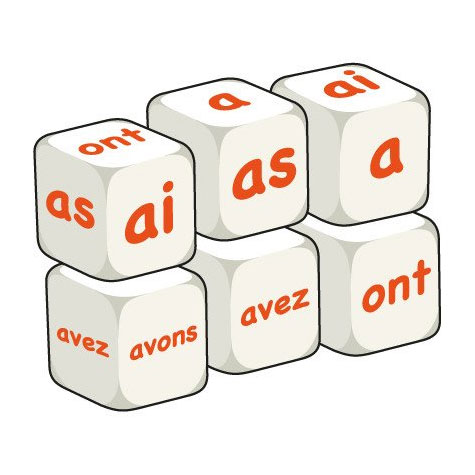
3. Être
Just like the verb avoir, être is in the top 10 of the most used verbs in French. Moreover, many idiomatic expressions take être. Être bien dans sa peau (to be at ease/comfortable with oneself) is an example I particularly like. Don’t you?
Être has many functions but, in this article, I will only briefly explain three of them to you and then I will tell you a bit more about être as an auxiliary verb to help you understand better how you should conjugate lever.
a) Être to describe a temporary or permanent state of being
Être is used with adjectives (describing words), nouns (words to name people, animals, places, things, and ideas), and adverbs (words or phrases that modifies the meaning of an adjective, verb, or other adverb, expressing manner, place, time, or degree → e.g. gently, here, now, very ). Être is, in that case, used to describe a temporary or permanent state of being.
Here are some examples:
Elle est fabuleuse → she is fabulous.
Je suis française → I am French.
b) Être to express possession
Être can be used with à (it’s a preposition) to express the possession.
For example:
Ces chocolats sont à moi. N’en mange pas! → These chocolates are mine. Don’t eat any!
c) Être to describe someone’s job
Unlike in English, there is no indefinite article (un, une → a, an) in front of a profession in French.
For example:
Je suis professeur de français → I am a French teacher.
d) Être as an auxiliary verb
Like I mentioned it previously, avoir is the most commonly used auxiliary verb in French but être also is for some verbs.
You can use it with some verb to form compound tenses.
For example:
Il est allé au supermarché → He went to the supermarket.
You can also use it to form the passive form. The example that is widely given in France to explain what the passive form is is :
Le chat mange la souris → The cat eats the mouse (active form)
La souris est mangée par le chat → The mouse is eaten by the cat (passive form)
Finally, as an auxiliary verb, être can be used with reflexive verbs and it is this use that interests you to know whether lever takes être or avoir!
Let’s see what a reflexive verb is.
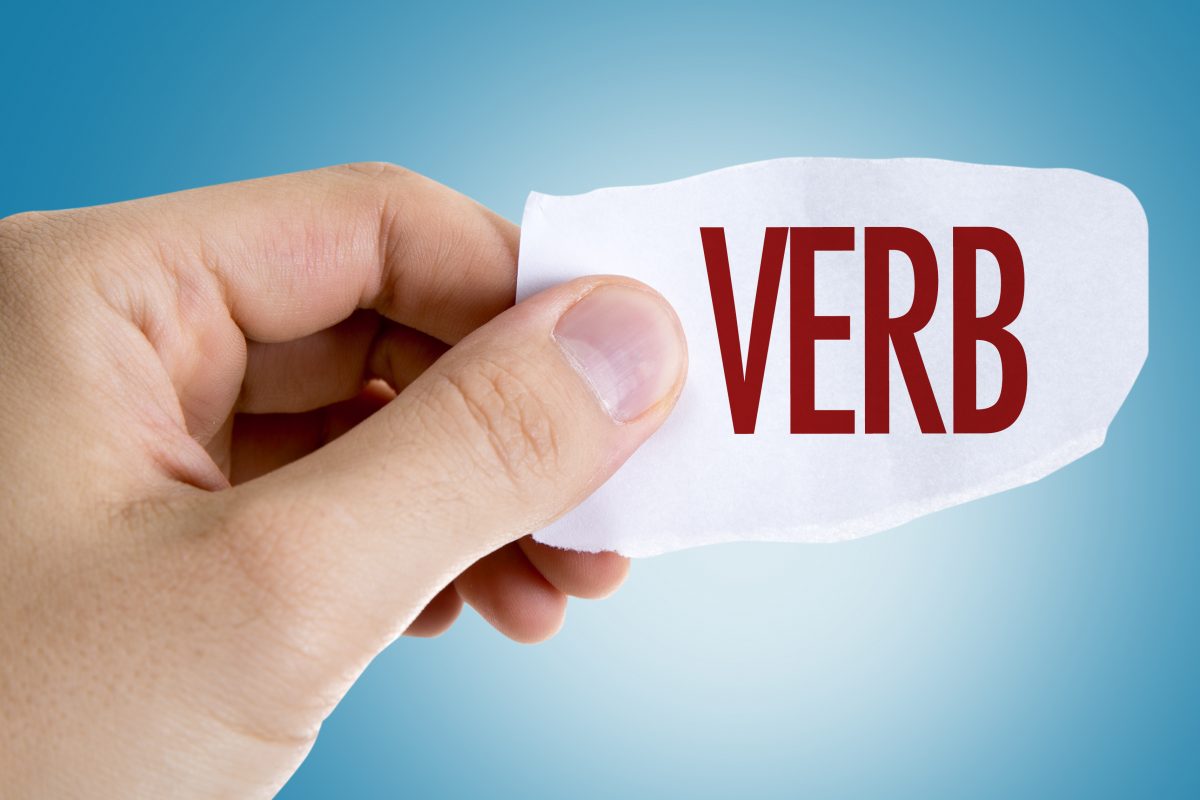
4. What is a reflexive verb?
Also called a pronominal verb (un verbe pronominal in French), a reflexive verb is basically, in English, a verb involving -self or -selves, such as he enjoys himself (il s’amuse in French).
In French, a reflexive verb has se in front of the actual verb. Se is called a reflexive pronoun. Se agrees with the subject (the person who does the action) . The table below should help make things clearer and I’ve chosen to use the verb se lever 😉
| Subject | Reflexive pronoun | Example |
| Je | Me | Je me lève. |
| Tu | Te | Tu te lèves |
| Il/elle/on | Se | Il/elle/on se lève. |
| Nous | Nous | Nous nous levons. |
| Vous | Vous | Vous vous levez. |
| Ils/elles | Se | Ils/elles se lèvent. |
In this example, I used the verb lever, literally meaning to lift. So without the reflexive pronoun, for example, je lève would mean I lift. When used reflexively— with the extra pronoun me, te etc— the verb literally means I lift myself, you lift yourself etc, and is the way that in French you usually say I get up etc.
5. Is the French verb “lever” conjugated with “avoir” or “être”?
So, now, after having read this article, you should be able to answer this question yourself! Give it a go and then check my answer.
And the answer is …
a) lever takes avoir in the transitive form (have a look at the beginning of this article if you forgot what the transitive form is).
For example:
J’ai levé la main → I put my hand up.
The sentence is here conjugated in le passé composé.
b) lever takes être in the reflexive form (have a look at the paragraph What is a reflexive verb? just above if you forgot what a reflexive verb is).
For example:
Les enfants se lèvent très tôt le matin de Noël → Children get up very early on Christmas morning.
Did you get the correct answer? I know you would! Well done you!

